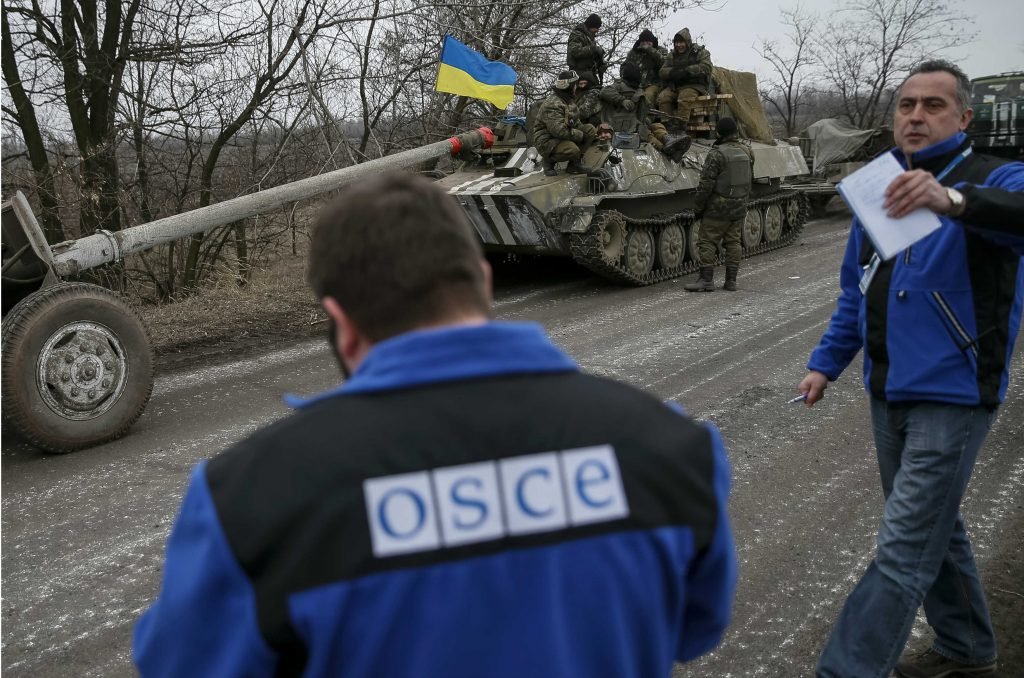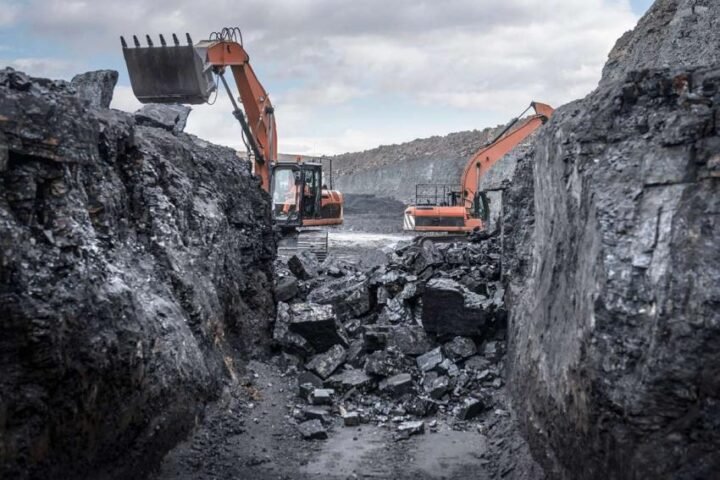On July 25, the Netherlands and over 40 other member states of the Organization for Security and Co-operation in Europe (OSCE) invoked a special mechanism to launch an independent investigation into alleged torture and inhumane treatment of Ukrainian prisoners of war held by Russia. Dutch Foreign Minister Caspar Veldkamp said the initiative is aimed at “establishing the truth and ensuring accountability for Russia’s war crimes in Ukraine.”
The move activates the OSCE’s so-called “Moscow Mechanism,” a rarely used diplomatic tool that allows participating states to independently investigate serious human rights violations without the consent of the accused country. The mechanism can be triggered when one OSCE state, supported by at least nine others, considers that “human dimension commitments are being seriously violated” by another member state.
Reports of systematic torture and abuse
Evidence cited by the 41 OSCE states includes multiple reports of widespread and systematic torture of Ukrainian POWs. A March 2024 report by the UN Commission on Human Rights described “horrific” patterns of abuse, including beatings, electric shocks, sexual violence — often targeting the genitals — simulated executions, stress positions, and prolonged suffocation.
According to the UN, these methods are not isolated incidents but represent coordinated practices across different Russian detention facilities. The 2025 follow-up report directly implicated officers of Russia’s Federal Security Service (FSB) in orchestrating and carrying out the torture.
The Geneva Conventions — specifically the Third and Fourth — prohibit such treatment of prisoners of war and civilians. International legal experts say that the documented abuse constitutes war crimes and may qualify as crimes against humanity.
Detention conditions raise alarm among rights groups
Over 95% of former Ukrainian POWs have testified to being subjected to physical or psychological abuse, denial of medical treatment, forced confessions, and in some cases, starvation. Many returned in critical health conditions, with long-term physical and mental consequences. Human rights organizations including Amnesty International and the UN have confirmed the scale and systemic nature of these abuses.
According to the Associated Press, at least 206 Ukrainian prisoners died in Russian custody by May 2025, most as a result of mistreatment. Meanwhile, Russia continues to deny international observers access to detention sites and keeps both POWs and civilian detainees incommunicado, sometimes for years.
Experts argue this policy of isolation is a deliberate strategy of dehumanization and suppression, aimed at concealing crimes and silencing victims.
Political implications and precedent for accountability
This is not the first time the OSCE has used the Moscow Mechanism in response to Russia’s actions. In 2018, it was triggered over the treatment of LGBTQ+ individuals in Chechnya. More recently, in spring 2023, the OSCE launched an investigation into the forced deportation of Ukrainian children from occupied territories. In February 2024, the tool was again employed to examine unlawful detention of Ukrainian civilians in areas under Russian control.
Western diplomats say Russia’s pattern of violations — including torture, extrajudicial executions, and obstruction of humanitarian access — highlights a coordinated state policy of brutality and impunity. Public calls by Russian officials for the execution of prisoners and documented links between military units and summary killings further underscore the severity of the crimes.
As evidence mounts, legal scholars warn that these atrocities will have long-term diplomatic consequences. Even if hostilities eventually cease, the scale of abuses committed against POWs and civilians may permanently complicate any post-war normalization with Moscow.
The OSCE investigation is expected to lay the groundwork for future international legal proceedings, potentially feeding into cases at the International Criminal Court and other venues. It also reinforces calls for tougher sanctions and international isolation of Russia for its systemic violations of humanitarian law.










